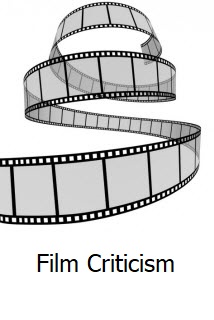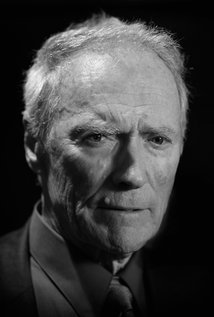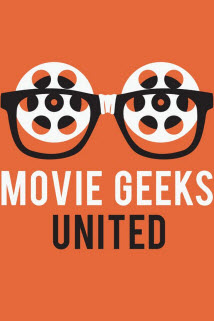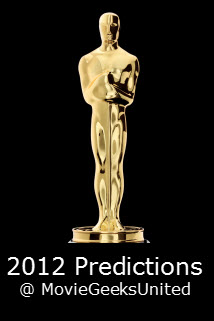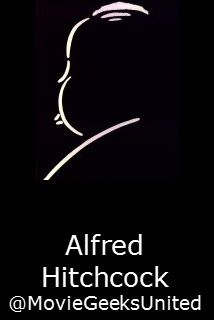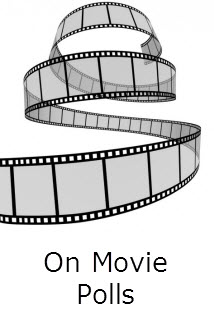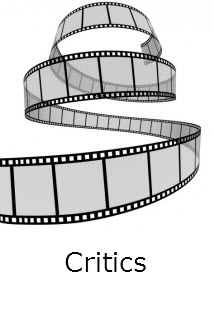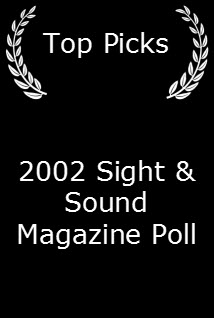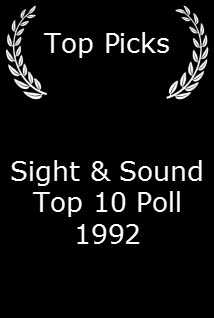Hitchcock (2012)


Content by Tony Macklin. Originally published on November 8, 2012 @ tonymacklin.net.
Hitchcock is a film for which I am very grateful.
It restores Hitchcock's humanity.
In the wake of HBO's atrocious The Girl, which portrays Hitchcock as a creep, his reputation seemed at risk. He was being trashed. His art was being cheapened and diminished.
One of the best qualities of the film Hitchcock is that it recognizes creativity. Many films about creative people, discard that quality, but Hitchcock brings it to life.
In Hitchcock, the famous director's imagination, independence, and boldness are shown forcefully.
Hitchcock - based on actuality - is the story of how Hitch (Anthony Hopkins) in 1959 set out to make a movie that would have originality and impact.
After the successful release of North by Northwest in 1959, Hitch wanted to do something new and different. He decided to make Psycho.
It was a proposal that was heartily rejected by the studio Paramount Pictures, but Hitch became committed to the provocative project. He had to invest his and his wife's own funds and property to finance the project.
His wife Alma (Helen Mirren), who gave him wonderful support all through his career, had crucial decisions to make about her self-indulgent husband's career and their life together.
Hitchcock is part love story. The relationship between husband and wife was rocky and fitful. Would it be able to survive Hitch's ego and Alma's need for some independence?
Hitch had a notorious penchant for blondes. Don't we all? He wanted to fashion and control blonde female stars. It became an obsession. Would that be a fatal flaw?
Hitchcock takes us through the struggle, travail, and rejections that faced Hitch as he tried to make a new kind of movie. We perhaps forget how revolutionary Psycho was in 1960. No one had ever done what Hitchcock was attempting. Horror was mostly relegated to drive-ins and the bottom of double features.
How could anyone make a movie based on the hideous exploits of a crazed serial killer who dismembered his victims and lived with his mother's corpse? It had actually happened, but Hollywood found it too distasteful and offensive for any movie audience.
Hitchcock didn't think so. He thought vile ugliness could be made into movie magic. He was alone in thinking so, although Alma came to support him.
Censors tried to stop him, and eventually Paramount released the movie in just two theaters nationally. But Hitch and Alma brilliantly marketed their film.
The rest is history. Which we should never forget. Alfred Hitchcock, who never won an Oscar for direction, changed movies as much as any individual ever did. Every year we see a bunch of movies with Hitch's fingerprints on them.
It is extremely ironic that this year Sight & Sound's poll of critics and filmmakers - taken once each decade - went to a Hitchcock film. Vertigo was chosen as the best film of all-time, replacing the 50-year run of Orson Welles's Citizen Kane.
In Hitchcock, the director says anxiously about Psycho, "Am I making another mistake? What if it's another Vertigo?" Vertigo essentially had failed when it was released in 1958.
But both Psycho and Vertigo are regaled today.
In Hitchcock, Anthony Hopkins doesn't rely on mimicry. As he did in his underrated performance of Nixon, Hopkins bores into the humanity of the title figure.
Hopkins employs physicality to great effect. He's volcanic - lava-like then explosive. Two scenes of Hitch directing Janet Leigh (Scarlett Johansson) are galvanic.
In the first, he talks with perversity to her as they're photographing her character Marion Crane in a car. She's jolted into a reaction he wants.
In the second, Hitch takes the place of the stand-in who is in front of her as they're shooting the famous shower scene. He stabs the air with fury, almost out of control. Again Hitch elicits a potent reaction, as the actress recoils in real, visceral fright.
In both scenes Hitch manipulates the actress to compelling reactions.
In another masterly physical moment, Hitch, alone in a theater lobby, moves swinging his arms and hands as though he is directing the audience in the theater as they react to the shower scene.
The casting director Terri Taylor should get some award for her assemblage of a vital, convincing cast. It has a feeling of authenticity.
Especially fine are Helen Mirren as Alma, Scarlett Johansson as Janet Leigh, and James D'Arcy as Anthony Perkins. Mirren has a vulnerable keenness, Johansson has a credible sweetness, and D'Arcy captures the furtiveness and anxiety of the young Perkins.
Jessica Biel also is effective as Vera Miles, whom Hitch wanted to make a star; Hitch holds a grudge because she preferred raising a family.
Hopkins' Hitch is at times a nasty egotist, but he's also a creative human being.
Sacha Gervasi directed from a screenplay by John J. McLaughlin from a book by Stephen Rebello. One of the strengths of the movie is the lore and history of making a classic movie.
But the movie does have its soft spots. The ending is a bit sentimentalized, and a subplot about Alma and her relationship with writer Whit Cook (Danny Huston) is somewhat drab.
There's a shot of Whit and a young woman in a sexual position that is one of the most awkward in film history.
The filmmakers take a risk in employing sequences that have Hitch seeing visions of the serial killer Ed Gein (Michael Wincott), but these sequences express a sense of desperation and delusion in Hitchcock.
There aren't many movies about film directors, but they make a good source.
Anthony Hopkins joins Ian McKellen in Gods and Monsters (1998), Robert Downey, Jr. in Chaplin (1992), Clint Eastwood in White Hunter, Black Heart (1990), Johnny Depp in Ed Wood (1994), and Marcello Mastroianni in Fellini's masterpiece 8 1/2 (1963). He's in good company. And he belongs.
I started my career about the time Hitchcock was beginning to be recognized as more than just a craftsman of suspense. His movies have layers that audiences never guessed at. [In the film Hitchcock, I missed the symbolism of the birds that was important in Psycho, but you can't have everything.]
I am not much of a collector of movie memorabilia, but Hitch gave me a signed caricature he had done of himself. I interviewed him on the set of his final film The Family Plot (1976).
And I have a poster from Psycho that Janet Leigh signed for me.
Hitchcock keeps memories alive.
Movies do that.

